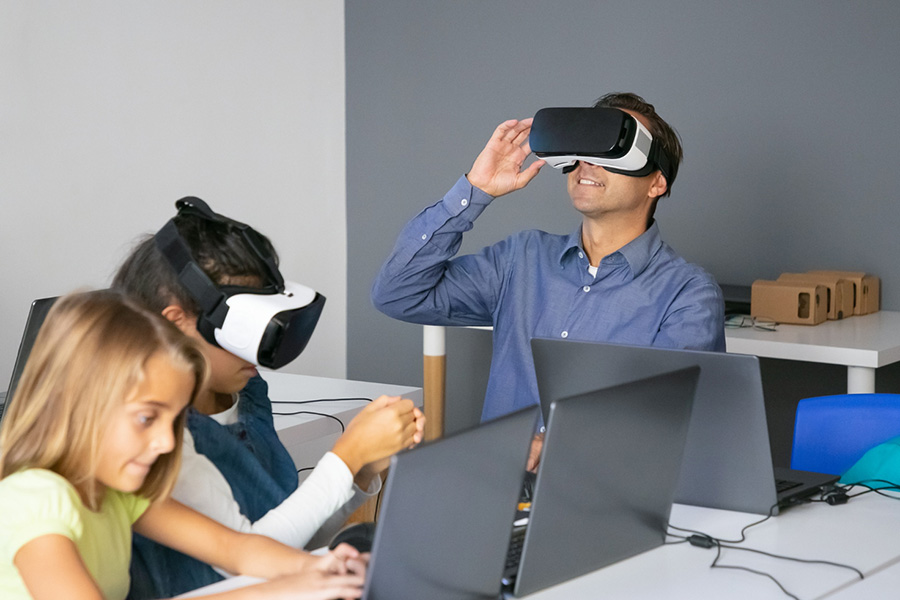
Local contexts and social structures shape effective TPACK (Technological, Pedagogical, and Content Knowledge) development.
Authors
Deepak Maun, Associate Professor, IIHEd, O.P. Jindal Global University Sonipat, Haryana, India
Mohit Yadav, Professor, Jindal Global Business School, O.P. Jindal Global University Sonipat, Haryana, India
Thi Minh Ngoc Luu, International School, Vietnam National University, Hanoi, Vietnam
Summary
This chapter explores the role of contextual knowledge (XK) in TPACK (Technological, Pedagogical, and Content Knowledge), especially within virtual collaborative learning environments. The empirical study was conducted with Indian in-service public school teachers. Using interpretive case study of three virtual groups of teachers, this study uncovers how contextual factors, peer support, and gender dynamics shape the development of TPACK. The findings demonstrate that virtual spaces do possess the capacity to make huge improvements to teachers’ access to diversified resources and peer networks. Yet, integration of technology into pedagogical practices is heavily influenced by local contexts and social structures. The chapter argues for the inclusion of contextual knowledge in professional development framework. Key insights for educators, policymakers, and researchers aiming to enhance the effectiveness of teacher training programs in diverse educational settings are discussed.
Published in: Digital and Cultural Influences on the Development of Pedagogical Content Knowledge (PCK) and TPACK
To read the full chapter, please click here.

